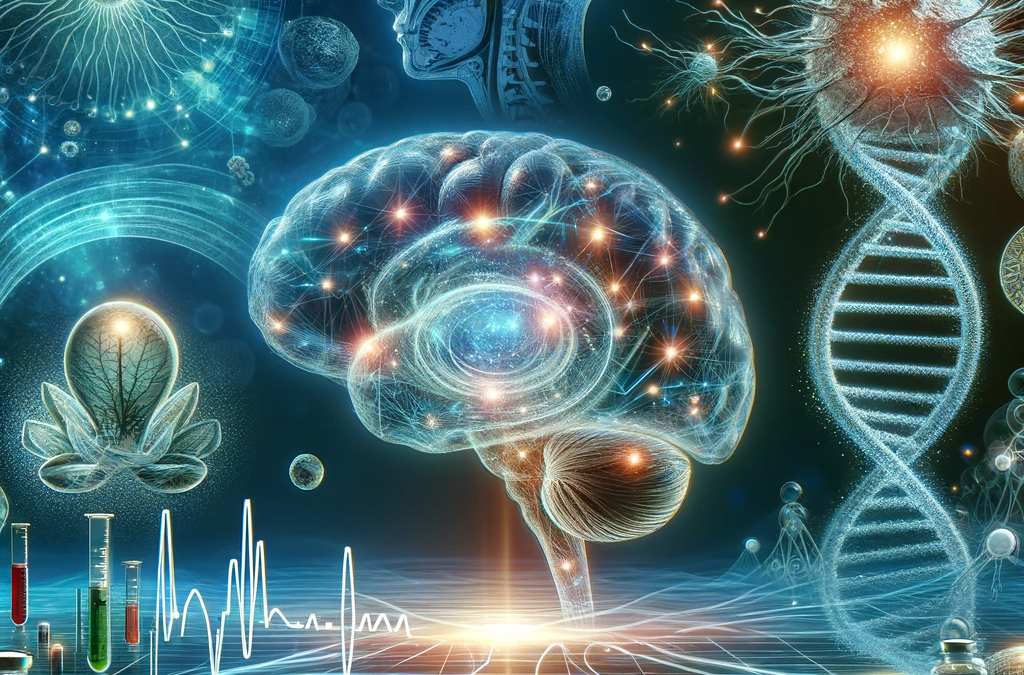In the evolving landscape of mental health treatment, ketamine therapy has emerged as a beacon of hope for many who struggle with various mental health conditions. As a novel treatment, it stands in contrast to traditional therapies and medications. This article explores how ketamine treatment compares to these traditional approaches, highlighting its unique advantages and limitations.
Understanding Traditional Therapies
Traditional mental health therapies primarily include psychotherapy (talk therapy) and a range of medications like antidepressants, anti-anxiety drugs, and mood stabilizers. These treatments have a proven track record and are typically the first line of defense against mental health disorders. They work over time to help manage symptoms and improve quality of life. However, their limitations lie in the time they take to become effective, often weeks or months, and the side effects they may produce. Additionally, a significant number of patients experience treatment-resistant symptoms, where these conventional methods show minimal effectiveness.
The Rise of Ketamine Therapy
Ketamine, initially used as an anesthetic, has gained recognition for its rapid action in treating various mental health conditions, especially treatment-resistant depression. Unlike traditional medications that target neurotransmitters like serotonin and norepinephrine, ketamine works on the NMDA receptors in the brain. This different mechanism of action is what sets it apart.
Advantages of Ketamine Therapy
- Rapid Relief: One of the most significant advantages of ketamine is the speed at which it alleviates symptoms. Patients often report improvements within hours to days, compared to the weeks or months for traditional medications.
- Effectiveness in Treatment-Resistant Cases: Ketamine has shown promise in helping individuals who haven’t responded to conventional treatments, providing a new avenue for those with treatment-resistant conditions.
- New Mechanism of Action: Ketamine’s action on NMDA receptors offers a new therapeutic pathway, potentially beneficial for patients who do not respond to traditional treatments targeting other neurotransmitters.
Limitations of Ketamine Therapy
- Accessibility and Cost: Ketamine treatment is not as widely available as traditional therapies and can be more expensive, making it less accessible for some patients.
- Side Effects: While ketamine can have fewer long-term side effects compared to some traditional medications, it can cause temporary disorientation, dissociation, or increased blood pressure during administration.
- Long-Term Data and Regulation: Being relatively new, ketamine lacks the extensive long-term data that traditional therapies have. Also, its use in mental health is off-label, requiring careful consideration by healthcare providers.
Conclusion
Ketamine therapy represents a significant advancement in the field of mental health treatment, particularly for those who have not found relief through traditional methods. Its rapid action and effectiveness in treatment-resistant cases are its most notable strengths.
For patients considering ketamine therapy, it’s crucial to consult with healthcare professionals, like our knowledgable staff at Austin Ketamine Clinic who can provide personalized advice based on individual health needs and treatment history. As with any medical treatment, a balanced approach considering both the potential benefits and limitations is key to making an informed decision.

